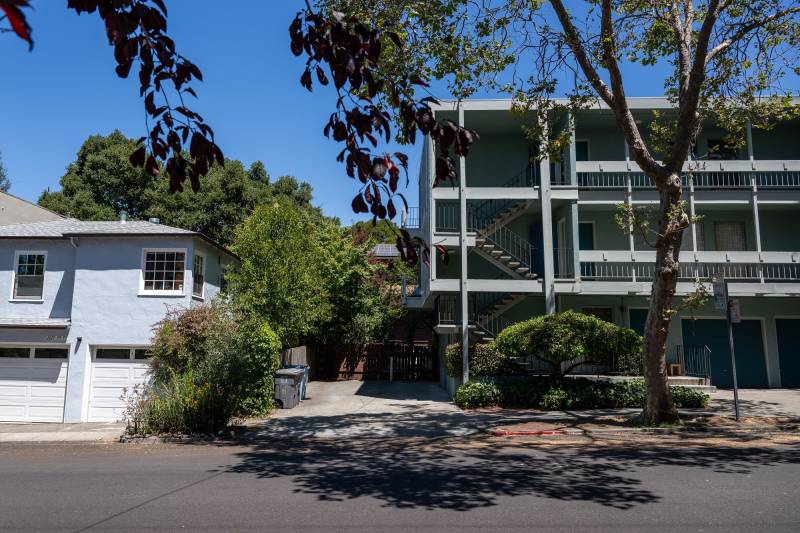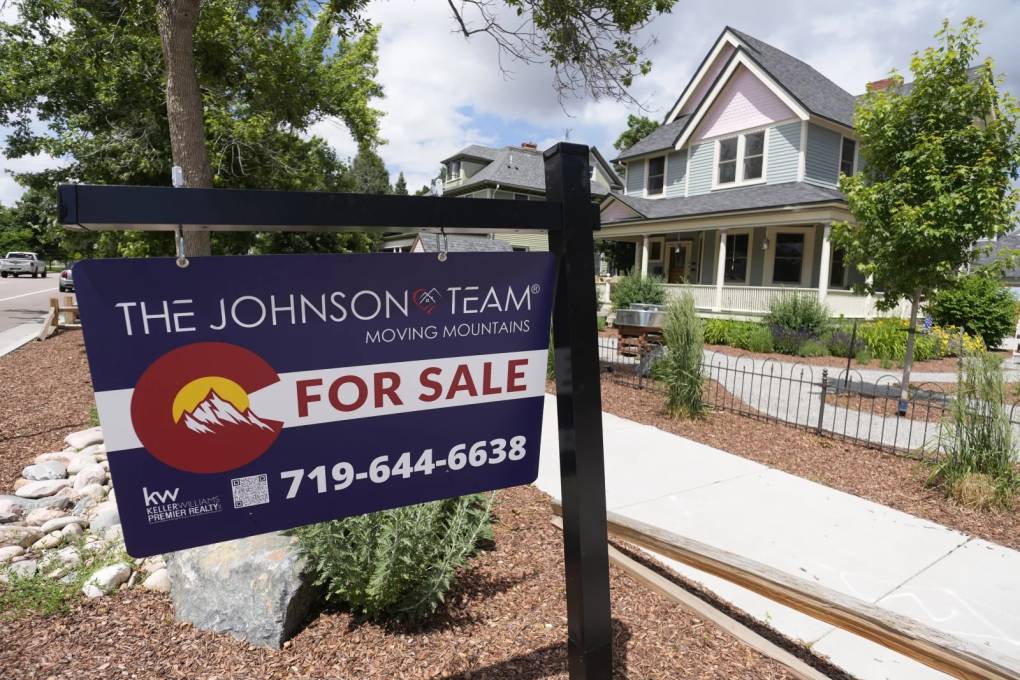A separate lawsuit, filed this month by the Howard Jarvis Taxpayers Association, had challenged the label that will appear on the ballot for the statewide proposition because it does not specify that the threshold would be reduced. The ballot label — a condensed version of the ballot title and summary — states instead that the proposition “[a]llows approval of local infrastructure and housing bonds for low- and middle-income Californians with 55% vote.”
However, the association lost on appeal. Laura Dougherty, director of legal affairs for the association, said the label will remain as is.
“It’s unfortunate for the voters,” Dougherty said, adding that if the proposition passes, “It allows an increase in property taxes that is not consistent with the spirit of Proposition 13 and is not consistent with the protection that we’ve had since 1879, which is to make sure that bonds require two-thirds voter approval.”
At the meeting on Wednesday, many supporters of Regional Measure 4 vowed to turn their attention to Proposition 5.
“We need to focus all of our efforts there to getting [Proposition 5] passed,” said Amie Fishman, executive director of the Non-Profit Housing Association of Northern California. “We knew that doing them both together would be hard. And right now, we have to pivot to a sequential plan.”
Critics, on the other hand, lauded the authority’s decision to pull the measure. San Mateo County Supervisor Ray Mueller said now was not the time to ask residents to dig into their pockets.
“Inflation is crushing our region’s residents. There’s a reason the polling for this measure has been negative,” he said. “It simply is a terrible time to ask residents to pay more taxes.”
Johnny Khamis, a former San Jose city council member and lead plaintiff in the lawsuit against the housing finance authority, pointed to a recent state audit, which blasted the city for failing to adequately track whether its current spending to address homelessness is actually working.
“Governments, even when they have money, have not proven to be good stewards of their money,” Khamis told KQED. “There’s no accountability here.”
Members of the authority said they planned to reintroduce some version of the bond measure in 2026.
Aug. 15: An earlier version of this report incorrectly stated a judge agreed with a lawsuit against the bond measure. There was no ruling on the measure, and the housing finance authority amended its ballot initiative voluntarily.



